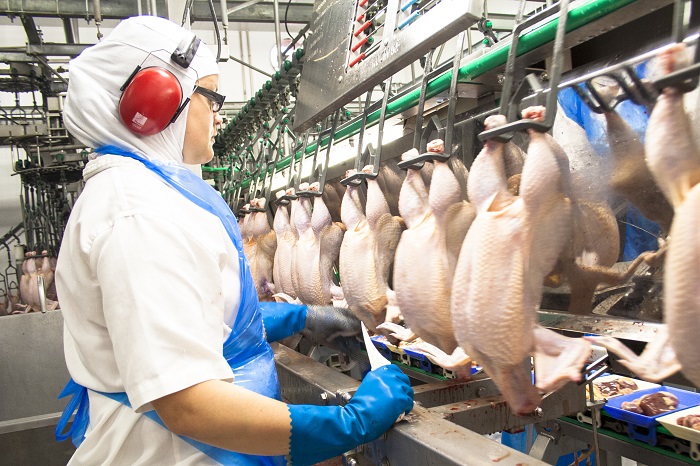Low-paid workers will receive a 6.2% pay rise with a new National Living Wage (NLW) of £8.72 per hour, the biggest cash increase ever.
Nearly three million workers are set to benefit from the increase, many of them working in the food processing industry. The Government said the decision means it is on track to meet its current target for the NLW to reach 60% of median earnings by 2020.
The new rate starts on 1 April 2020 and results in an increase of £930 over the year for a full-time worker on the National Living Wage. Younger workers who receive the National Minimum Wage will also see their pay boosted with increases of between 4.6% and 6.5%, dependant on their age, with 21-24 year olds seeing a 6.5% increase from £7.70 to £8.20 an hour.
The National Living Wage (for over 25 year olds) will increase 6.2% from £8.21 to £8.72.
The National Minimum Wage will rise across all age groups, including:
- A 6.5% increase from £7.70 to £8.20 for 21-24 year olds
- A 4.9% increase from £6.15 to £6.45 for 18-20 year olds
- A 4.6% increase from £4.35 to £4.55 for Under 18s
- A 6.4% increase from £3.90 to £4.15 for Apprentices
Business and Energy Secretary, Andrea Leadsom, said: “We want to make the UK the best place in the world to work and grow a business. Employment is at a record high and as well as investing to meet that ambition, we also want to make sure that people get to keep more of what they earn.
“Our people’s pay rise will put more money into the pockets of millions of hard-working Brits across the country – but we won’t stop there. We want to make the UK the first country in the world to eliminate low pay in the next five years.”
The Government has fully accepted the Low Pay Commission’s recommendations after they consulted stakeholders such as unions, businesses and academics, before recommending the NLW and NMW rates to the Government. In September the Chancellor pledged to increase the NLW towards a new target of two-thirds of median earnings by 2024, provided economic conditions allow, which, on current forecasts, would make it around £10.50 per hour.
However, some business organisations expressed concern that such a large increase could cause problems. The British Chambers of Commerce’s co-executive director Hannah Essex said: “Businesses want to pay their staff a good wage. They recognise and support the drive to improve living standards. But many have struggled with increased costs in a time of great economic uncertainty. Raising wage floors by more than double the rate of inflation will pile further pressure on cash flow and eat into training and investment budgets. For this policy to be sustainable, government must offset these costs by reducing others – and impose a moratorium on any further upfront costs for business.”


